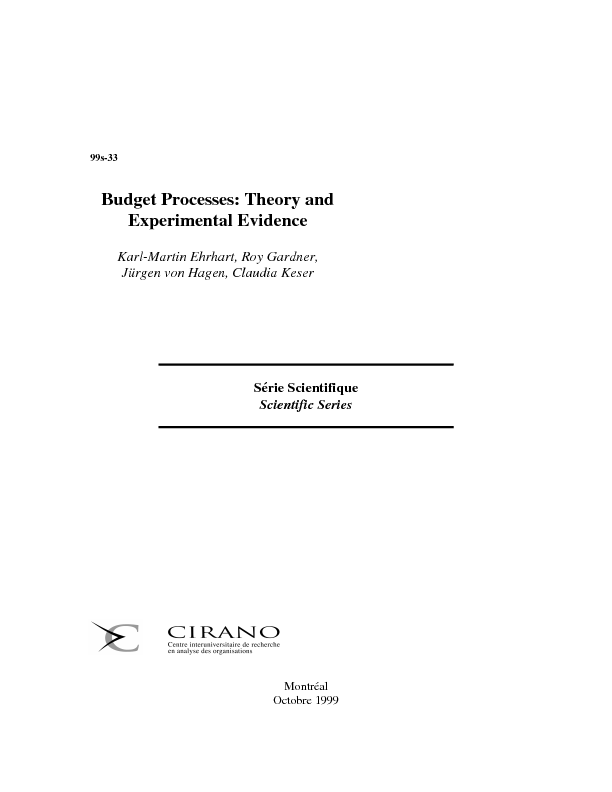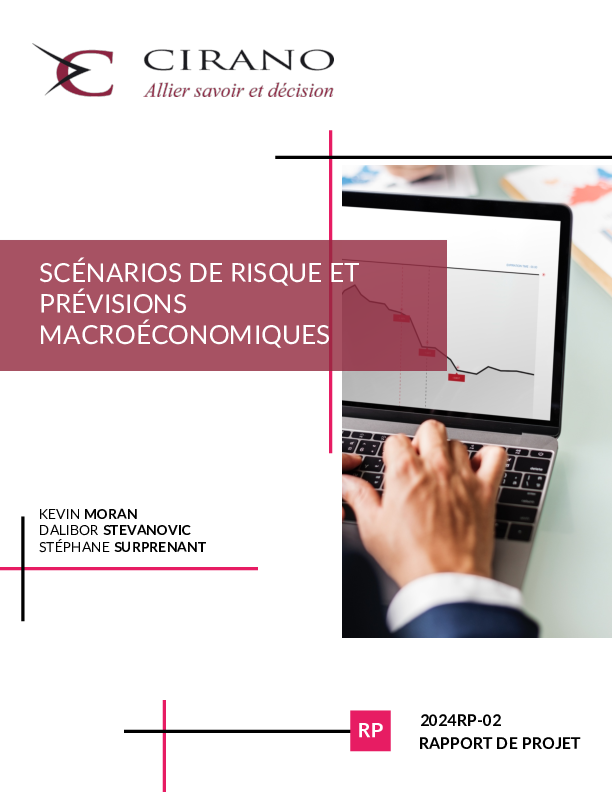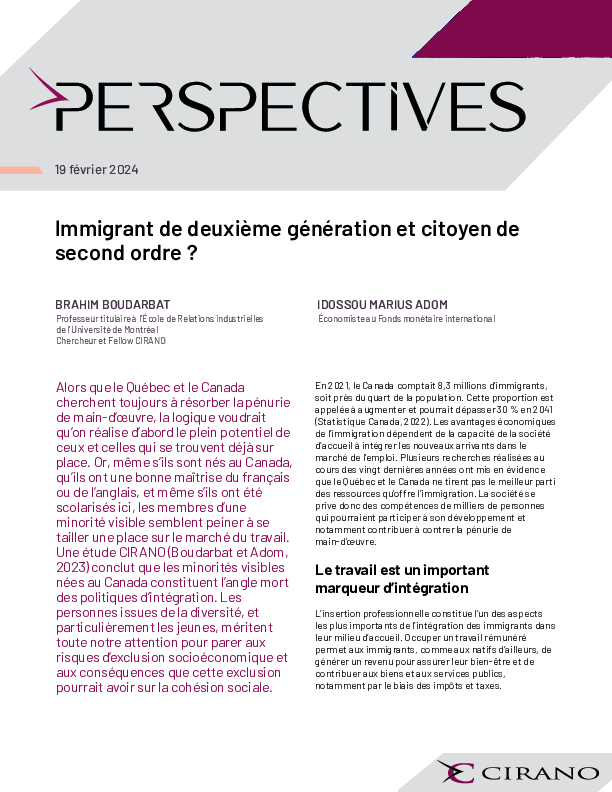Budget Processes: Theory and Experimental Evidence
This paper studies budget processes, both theoretically and experimentally. We give a sufficient condition for top-down and bottom-up budget processes to have the same voting equilibrium. Furthermore, at a voting equilibrium, it is not always true, as often presumed, that a top-down budget process leads to a smaller overall budget than does a bottom-up budget process. To test the implications for budget processes of voting equilibrium theory, we conduct a series of 128 voting experiments using subjects in a behavior laboratory. The experimental evidence from these experiments is well organized by voting equilibrium theory, both at the aggregate level and at the individual subject level. In particular, subjects display considerable evidence of rationality in their proposals and votes. More complete information and fewer spending categories lead to greater predictive success of voting equilibrium theory, and reduce the time needed to reach a budget decision.
[ - ]




